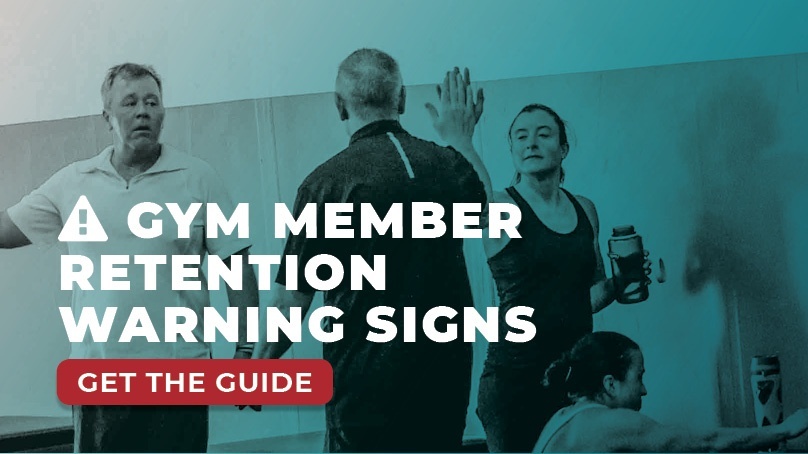Using Empathy to Improve Customer Service: Part 1


One of Zen Planner’s core values is Outstanding Service. We take ownership of our internal and external customers’ needs, delivering solutions with creativity and urgency. It’s rewarding to help people meet their needs, but that doesn’t mean it’s always easy. There are times when feedback is hard to hear, and it can leave us wondering how to respond in a helpful way. In those critical interactions, being able to understand the other person’s needs can help us strengthen and even renew a relationship. This ability to respond to an unhappy customer and restore satisfaction is actually a fairly simple skill most of us can learn. It’s called empathy and it’s all about needs.
Empathy is simple
The psychologist Marshall Rosenberg, who pioneered an empathy-based movement for conflict resolution, says, “Empathy is a respectful understanding of what others are experiencing.” What makes his approach so simple is his emphasis on just two things–needs and feelings.
Empathy is how we earn trust to speak with authority and influence. If you come to me with a problem, you probably won’t be interested in what I have to say about your situation unless you believe I understand what you’re going through. As my wife often reminds me, unless I show her I understand her needs, any explanations I offer or advice I give is going to sound presumptuous and irrelevant.
Needs are good
A deeper sense of empathy comes from a deeper awareness of human needs. I’m not talking about the need to grab lunch or take a nap. Those are just ways we try to meet our real needs for things like purpose, friendship and play. In the fitness world, we are dedicated to meeting needs like health and energy. Your customers expect you and your staff to honor their needs for integrity and and support. These kinds of needs, or core values, are what make life worth living and we all share them in common.
In some situations, knowing that someone is coming to you with a legitimate need doesn’t mean you’ll find it easy to listen and identify with them. When we hear words sharpened with criticism, judgment or blame, it can be difficult to manage our own emotions, let alone be sensitive to the other person’s needs. And yet, it’s not beyond us. If you care about making service a competitive edge, you can learn this skill.
Practicing empathy
According to the Better Business Bureau, the most common customer complaints against fitness clubs are about contract disputes and billing issues. Let’s say you have a gym member named Kristen who accuses you of cheating her by adding hidden fees to her membership dues. Here are the steps you can take to respond with empathy.
Step 1: Be curious about feelings and needs
When you listen, be curious about two things–what they need right now and how they feel about it. In this situation, Kristen may be feeling frustration because she has a need for trust and clarity.
Step 2: Express empathy
To express empathy in this situation, you can reflect back the feelings and needs you hear by saying something like this: “I can imagine this is pretty frustrating because we have a business relationship and you want to know you can trust us to provide a clear contract. Am I getting it?” Let’s say Kristen responds with an adamant, “Yes, I am frustrated. And irritated. Absolutely! I want a clear contract without any hidden charges.” If you hear a strong reaction like this, notice how it affects you. You may need to take a few deep breaths and calm your nervous system before you continue. On the bright side, take the intensity of her confirmation as a reinforcement that you nailed it. Good work!
Step 3: Offer a solution
After you’ve shown Kristen you understand her concerns, you can let her know you care and want to do something about it: “Yeah, I get that. Building trust and providing a clear member agreement is very important to me. Would you like to hear what I can do to fix this for you?” If she has more to say, let her speak, keep offering empathy and then explore a solution when she’s ready.
Be willing to learn and adapt
Sometimes the most empathetic response is one that doesn’t include the other person’s feelings and needs. Not everyone wants to hear that kind of thing, especially in a business relationship. Instead, you can play it safe by carefully repeating back what you’ve heard, or you can just say, “Thank you.”
Finally, be willing to let the other person correct you. Even if your empathy guess is way off, it doesn’t mean you’ve failed. You’ve succeeded in showing them you care and are willing to take the time to understand. It’s this willingness to slow down, listen and learn that can make service a far more satisfying experience for you and your customers.
If you’re looking for additional ways to improve customer service and better retain your valued members, get your copy of our guide, 7 Essential Strategies for Member Retention.

I’m Coach Kelli, a devoted CrossFit gym owner with 15 years of experience managing my facility, along with owning yoga studios and wellness centers. Beyond the fitness world, I have a passion for cooking, cherish moments with my children and family, and find joy in spending time outside. Having experienced the highs and lows, I’m dedicated to leveraging my expertise to help you grow and succeed on your fitness journey.

I’m Coach Kelli, a devoted CrossFit gym owner with 15 years of experience managing my facility, along with owning yoga studios and wellness centers. Beyond the fitness world, I have a passion for cooking, cherish moments with my children and family, and find joy in spending time outside. Having experienced the highs and lows, I’m dedicated to leveraging my expertise to help you grow and succeed on your fitness journey.








